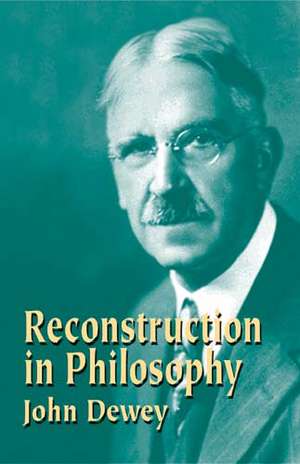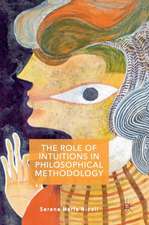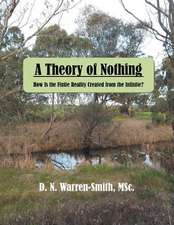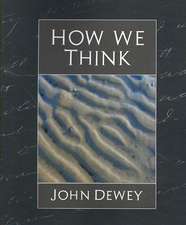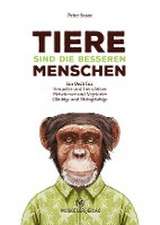Reconstruction in Philosophy
Autor John Deweyen Limba Engleză Paperback – 31 mai 2004
"A modern classic. Dewey's lectures have lost none of their vigor...The historical approach, which underlay the central argument, is beautifully exemplified in his treatments of the origin of philosophy."--Philosophy and Phenomenological Research
"It was with this book that Dewey fully launched his campaign for experimental philosophy."--The New Republic
Written by an eminent philosopher shortly after the shattering effects of World War I, this volume offers an insightful introduction to the concept of pragmatic humanism. Dewey presents persuasive arguments against traditional philosophical constructs, suggesting their basis in self-justification. He proposes, instead, an examination of core values in terms of their ultimate effects on the self and others. This experimental philosophy was received with both outrage and acclaim for daring to mingle ethics and science. Delivered in 1919 as a series of lectures, Dewey's landmark work appears here in an enlarged edition that features an informative introduction by the author, written more than 25 years after the book's initial publication.
"It was with this book that Dewey fully launched his campaign for experimental philosophy."--The New Republic
Written by an eminent philosopher shortly after the shattering effects of World War I, this volume offers an insightful introduction to the concept of pragmatic humanism. Dewey presents persuasive arguments against traditional philosophical constructs, suggesting their basis in self-justification. He proposes, instead, an examination of core values in terms of their ultimate effects on the self and others. This experimental philosophy was received with both outrage and acclaim for daring to mingle ethics and science. Delivered in 1919 as a series of lectures, Dewey's landmark work appears here in an enlarged edition that features an informative introduction by the author, written more than 25 years after the book's initial publication.
| Toate formatele și edițiile | Preț | Express |
|---|---|---|
| Paperback (4) | 62.85 lei 3-5 săpt. | |
| Dover Publications – 31 mai 2004 | 62.85 lei 3-5 săpt. | |
| Bibliotech Press – 9 aug 2020 | 102.65 lei 6-8 săpt. | |
| COSIMO CLASSICS – 30 sep 2008 | 111.67 lei 6-8 săpt. | |
| Beacon Press – 31 mai 1971 | 177.73 lei 6-8 săpt. | |
| Hardback (1) | 190.85 lei 6-8 săpt. | |
| Bibliotech Press – 9 aug 2020 | 190.85 lei 6-8 săpt. |
Preț: 62.85 lei
Nou
Puncte Express: 94
Preț estimativ în valută:
12.03€ • 12.52$ • 10.17£
12.03€ • 12.52$ • 10.17£
Carte disponibilă
Livrare economică 17 februarie-03 martie
Preluare comenzi: 021 569.72.76
Specificații
ISBN-13: 9780486434384
ISBN-10: 0486434389
Pagini: 129
Dimensiuni: 138 x 215 x 12 mm
Greutate: 0.24 kg
Ediția:Enlarged
Editura: Dover Publications
ISBN-10: 0486434389
Pagini: 129
Dimensiuni: 138 x 215 x 12 mm
Greutate: 0.24 kg
Ediția:Enlarged
Editura: Dover Publications
Notă biografică
John Dewey (FAA October 20, 1859 ߝ June 1, 1952) was an American philosopher, psychologist, and educational reformer whose ideas have been influential in education and social reform. Dewey was an important early developer of the philosophy of pragmatism and one of the founders of functional psychology. He was a major representative of progressive education and liberalism. Although Dewey is known best for his publications concerning education, he also wrote about many other topics, including experience, nature, art, logic, inquiry, democracy, and ethics. In his advocacy of democracy, Dewey considered two fundamental elements—schools and civil society—as being major topics needing attention and reconstruction to encourage experimental intelligence and plurality.
Recenzii
"It was with this book that Dewey fully launched his campaign for experimental philosophy." - The New Republic
Textul de pe ultima copertă
The basic postulate of the text: namely, that the distinctive office, problems and subjectmatter of philosophy grow out of stresses and strains in the community life in which a given form of philosophy arises, and that its specific problems vary with the changes in human life that are always going on.
